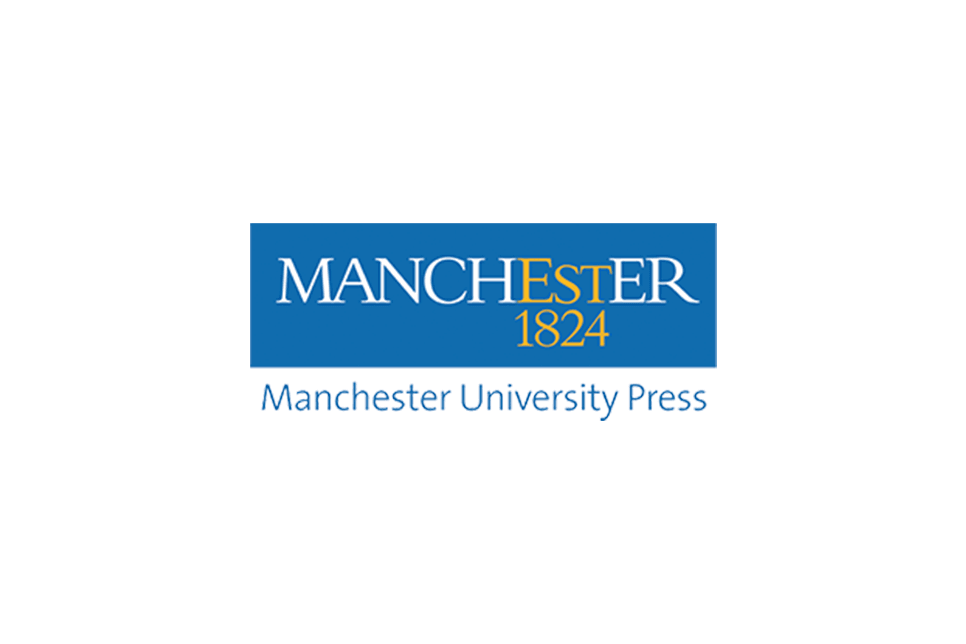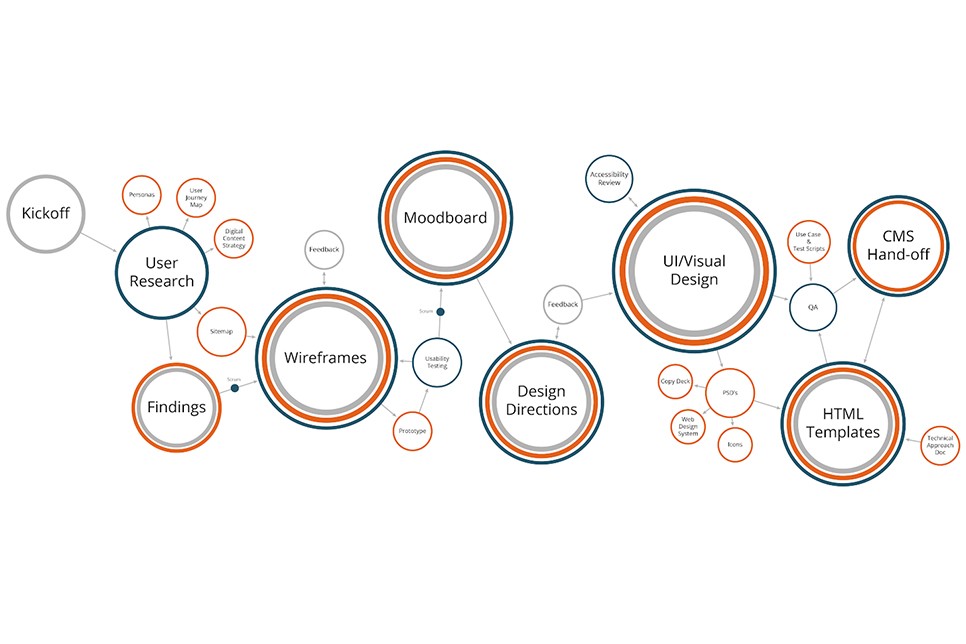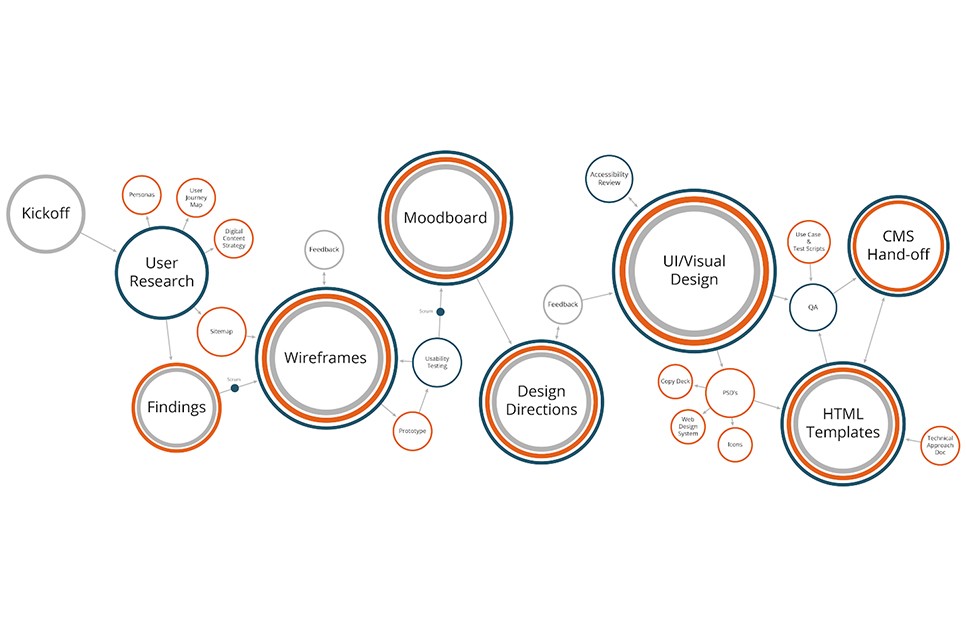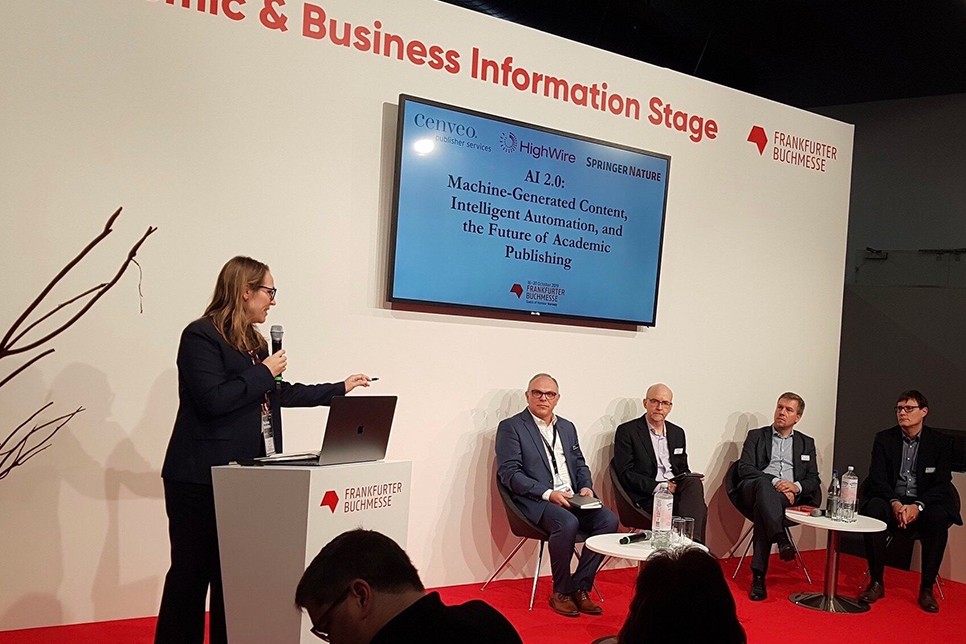
In 2018, we collaborated with Manchester University Press (MUP) on a hosting platform that would bring all of their books and journals online. Manchester is the largest research university in the UK, and the Press is one of the largest University Presses in the UK, publishing around 200 books and 6 journals a year.

The American philosopher and linguist Noam Chomsky once famously said: “A language is not just words. It’s a culture, a tradition, a unification of a community, a whole history that creates what a community is. It’s all embodied in a language.”

This spring has seen tremendous global change—from the COVID19 pandemic to protests around the world decrying systemic racism. With an initial urgent focus on medical studies, scholarly publishers have proven how indispensable they are in advancing and making available potentially life-saving information.

When designing your publishing platform, there are many factors to consider to deliver an optimal user experience. It’s critical to establish a user-first driven process, as diagrammed below.

Website accessibility is not a new topic. In fact, it’s been a factor since 2010 when the Americans with Disabilities Act (ADA) published standards that digital technology and information must be accessible to all people.

Over the last two decades, technology has gained wider acceptance in the classroom. Since the pandemic, when teachers and students have been abruptly forced apart, tech solutions from video calls to virtual classrooms to online learning platforms have leapt into widespread use and become a lifeline for education this term—a topic we wrote about in a previous blog post.

Your website platform should be available to every person on any device. The following are critical considerations in a “mobile-first” world for maximizing discoverability and accessibility when creating the optimal user experience for journeys across all of your digital content.

In October, the United States Supreme Court handed down an order stating that it would not take up a plea from Domino’s pizza chain to reverse a decision in the U.S. 9th Circuit Court of Appeals stating that the company must make its website accessible to people with disabilities.

Every year at the Frankfurt Book Fair, there is a buzzword or phrase that continues to pop up on panels, in articles, and in conversations and meetings. In the past, we have seen ‘big data’ and ‘blockchain’ dominate the headlines, but this year’s buzz word (or acronym) was ‘AI,’ as publishers, information professionals, service providers, and the media debated how this technology can be used in the industry.









